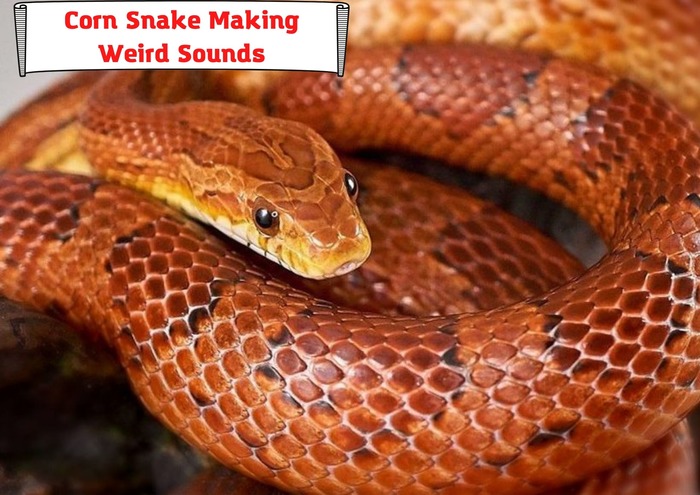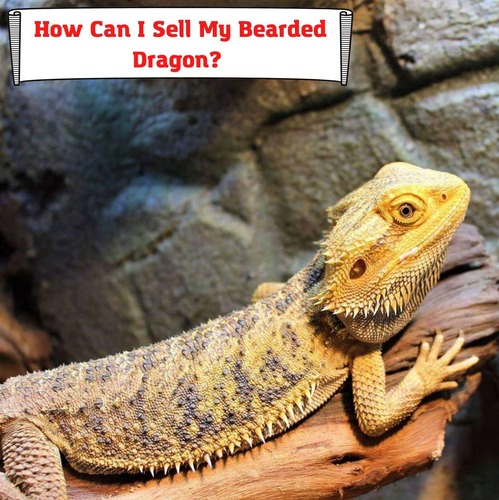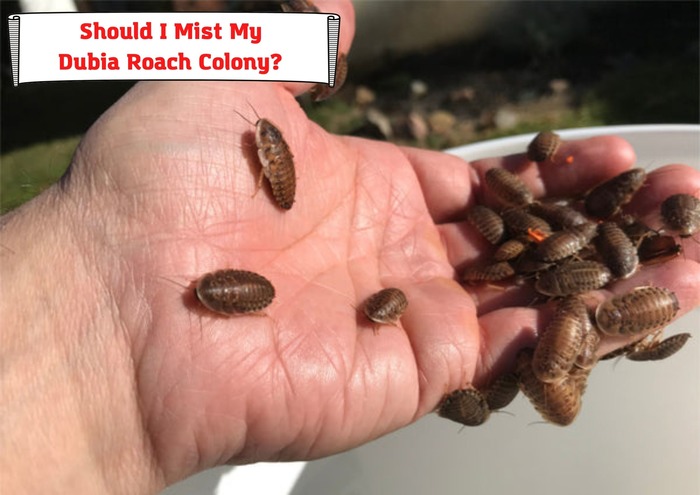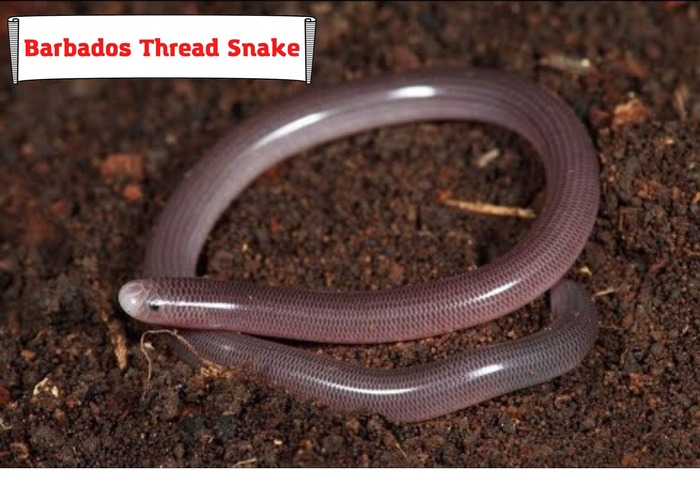Bearded dragons make different noises depending on the situation at hand. Some are social signals to other bearded dragons, while others are more than social signals. And sometimes, one type of noise accompanied by some behavior can mean something wrong.
Many responsible pet owners often wonder why their bearded dragon makes puffing noise.
This article discusses what’s happening when bearded dragons are making puffing noise. It explains the following:
- What this puffing noise is
- Why bearded dragons make this puffing noise
- Ways to prevent beardies from making puffing noises,
- Whether making puffing noise can harm your beardie
- Sounds that should get you worried if your beardies make them.
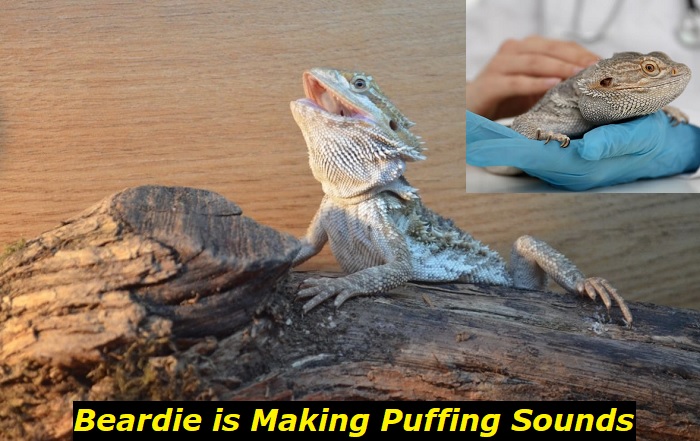
What Is This Puffing Noise?
Puffing noise is the sound that is heard when air, vapor, or wind is emitted quickly. In the case of bearded dragons, they make this sound as though they are inhaling and exhaling abruptly. Unlike the normal sound of breathing, this is like a discontinuous bubbling, clicking, or rattling as your bearded dragon breathes. It is similar to wheezing but more of a quiet hiccup.
Why Do Bearded Dragons Make Puffing Sounds?
It is okay to get worked up and become paranoid when your little reptile begins to make puffing noises frequently. The puffing noise and other forms of vocalization is not the regular sound made by bearded dragons. If your friendly reptile is making the puffing noise often, the following could be why.
Showing Defiance
That puffing noise your little reptile is making can mean they want you to stop rubbing or tickling them. Reptiles generally want to be left alone. If you have carried your bearded dragon for more than 15 minutes, it might start making the puffing sound as a show of defiance. More like how a teenager will make some grumpy noise when the parent says, “you are grounded.”
Some researchers say that you should not carry your bearded dragons for more than 15 minutes if you are just starting to bond with them. It is possible that it is already familiar to you and has allowed you to play with it for a longer time in the past. However, that default desire to be left alone might cause it to give you this sound when you carry it for too long.
Temperature and Humidity Changes
Bearded dragons are affected by changes in temperature and humidity. Low temperatures below 65 degrees F can be fatal for bearded dragons.
High temperatures above 110 degrees are also dangerous. When the temperature of their tank is too high, they tend to make puffing noises and open their mouths.
The average daytime temperature for bearded dragons should be between 75 and 85 degrees. At the same time, the basking temperature should not go over 110 degrees. If you are unsure how hot or cold your reptile’s surroundings are, you should consider getting a thermometer. There are varieties of digital thermometers out there that are recommended for pet owners.
Respiratory Issues
Now, this sounds scary, but it might be why your bearded dragon is making the puffing noise.
What is happening here could be a result of an infection in its respiratory tract. Although the puffing noise is not the common sound they produce whenever they have breathing problems, it could be the culprit.
Other sounds known as respiratory disease symptoms include chirping, clicking, croaking, and burping.
Symptoms of respiratory diseases in bearded dragons go beyond sounds alone. You may notice dripping mucus from the mouth as well. Consider a trip to the vet if this occurs often.
Trying to Intimidate
Generally, lizards want to dominate their territory, and bearded dragons are not different. If you bring another little dragon into their tank, they may start making puffing sounds. This will intimidate the new rival in their territory and hopefully scare it off.
The best solution to this is to separate their tanks. Unlike puppies that can share a cage, bearded dragons want to be left alone. This is not to say that you cannot keep your friendly reptiles in numbers. You can have more than one bearded dragon but keep each one to its own space.
Aggression
Lizards and other animals in the reptile family are known to be aggressive. They may make a puffing noise if they feel uncomfortable with another animal or a person. In this case, they usually puff up by inhaling a lot of air, making them swell up. They then open their mouths as they hiss and make puffing noise. Also, you will notice the darkening of their beards.
In this scenario, keeping your distance is advised. You can make them calm by fondling their backs. However, keep your hands off their head region, especially their mouths, to avoid a bite.
Ways to Prevent Bearded Dragons from Make Puffing Sounds
Your core responsibility as a pet owner is to help your beardie as much as possible. Try to understand the reason they make puffing sounds by paying good attention to them. There is a right time for everything, so you should be able to read the mood about when to give them space and when to butt in to salvage the situation.
Help with their shedding process, make time for bonding, feed them regularly, create a conducive habitat, and ensure their safety.
Can Making Puffing Sound Put Your Bearded Dragon in Danger?
Making puffing sounds will in no way put your bearded dragon in danger. The only subject of danger will be the predator. The primary purpose of the puffing sounds is to send threats far from their habitat.
So, the sound, in particular, has no adverse effect, although the same cannot be said about the reason. The moment you remove the cause of the sound, it is safe to believe they would stop making the sound.
Sounds That Should Get You Worried If Your Beardie Makes Them
Here are a few other sounds that beardies make. These sounds should concern you because when your beardie makes any of them, it tells you something is wrong. You want to do the needful to restore your pet’s health as soon as possible.
Check these sounds below.
Clicking
A click sound is made when you stick your tongue to the roof of your mouth and drop it back. Bearded dragons are unable to make this vocal sound.
So, when you hear click sounds from them, they might have an upper respiratory infection (URI) or issues with their jaws. Consider a trip to the vet once you notice this sound from your pet.
Croaking
The croaking sound from your pet is similar to clicking, but you only hear it when it is breathing. The croaking noise is made from the contraction of the lungs as your pet pushes out air.
This can be a sign that there is a respiratory infection, especially if the throat is swollen. Immediate treatment is required to ease the discomfort.
However, other symptoms such as wheezing, coughing, puffing, and sneezing are considered alongside croaking sounds when making a URI diagnosis.
Hissing
This is the most common sound among reptiles. They give this sound to indicate that all is not well. You should check on your pet when you hear it hiss because it may be in danger or irritated by something.
This sound could also indicate aggression, especially if another lizard enters its territory. Also, if they turn black, puff up, make a puffing noise, and hiss at you, you should stay away. This is because they do this before biting out of aggression.
Burping
Beardies make burping noises occasionally, especially after eating too much. They usually do this in a statistic position as they battle fatigue. This is because they burp when they have had too much to eat.
Bearded dragons make burping noises when full, and the air gets out. They may become slightly inactive when making burping sounds because food takes time to digest in their stomachs.
Hearing your beardie burp signifies that you have overfed your bearded dragon. When this happens, it would be best to leave it in its enclosure. This is important because, in the temperature, the beardie will ideally move to the region with a higher temperature to speed up the rate of metabolism.
This means that the food particles are broken down which much more speed. The benefits of leaving the beardie in its enclosure in times like these are numerous, but the key among them is that the chances of food rot in your pet’s throat are greatly reduced.
You also want to reduce the quantity of food you feed your beardie to prevent such a situation as it can lead to health challenges ranging from infections in the guts to obesity.
Final Thoughts
Caring about your bearded dragon goes beyond nutrition and heating in its enclosure. Understanding the noises your pet makes is another great way to understand what your pet is going through.
While some puffing noise does not necessarily mean something is wrong with your beardie, that could be the case in some instances. You want to pay close attention to the noises your beardie makes.
- Dubia Roach Egg Sack: How To Understand if It’s Healthy? - January 2, 2023
- How To Feed African Dwarf Frog While on Vacation? - December 26, 2022
- Baytril for Bearded Dragon: Here’s What You Should Know - December 19, 2022
